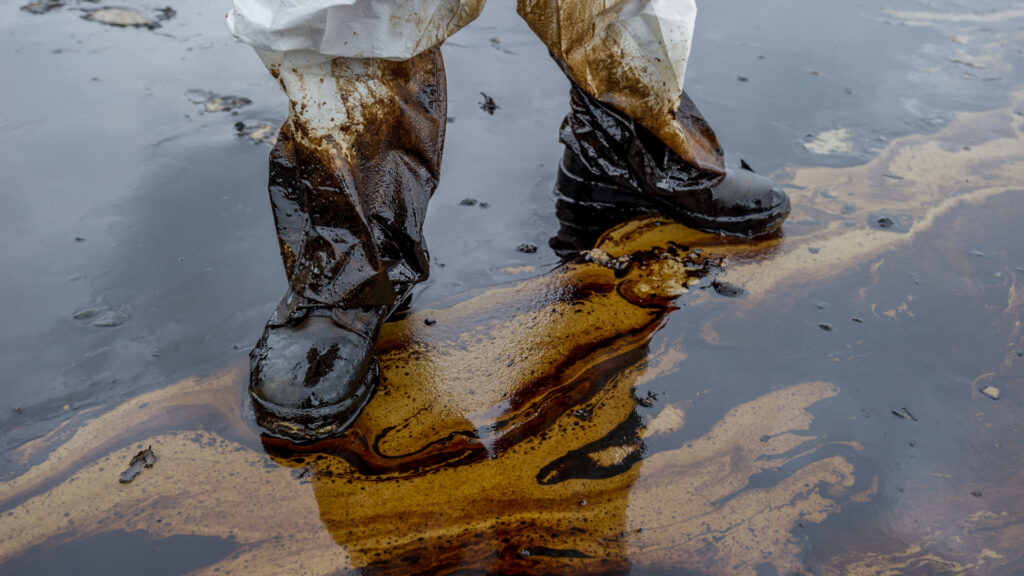Legal liability for oil spills and marine pollution is governed by a series of international treaties, national regulations and legal principles that seek to ensure that responsible parties are brought to justice and that measures are taken to prevent and mitigate environmental damage. Here are some key issues regarding legal liability for oil spills and marine pollution:
- International Convention on Civil Liability for Oil Pollution Damage: this convention, also known as the “CLC 1969 Convention”, establishes an international civil liability regime for damage caused by oil spills from tankers. Tanker owners are liable for damages caused by oil spills up to certain financial limits. An international fund (CLC Fund) financed by shipowners’ contributions is established to compensate for damages exceeding the established limits.
- International Oil Pollution Compensation Fund: this fund, known as the “IOPC Fund”, provides additional compensation to victims of oil spills in the event that damages exceed the compensation limits established by the CLC Convention. The IOPC Fund is financed through contributions from the oil industry and oil terminal operators.
- Responsibility of Oil Companies and Platform Operators: Oil companies and platform operators are subject to national and international regulations that make them responsible for preventing spills and marine pollution. In many cases, companies are required to implement prevention measures, conduct risk assessments and have spill response plans.
- National Legislation: Countries also have national laws and regulations that establish legal responsibilities for oil spills and marine pollution. These laws may vary in terms of liability, penalties and industry regulation.
- International Convention on Civil Liability for Damage Resulting from Pollution by Hazardous and Noxious Substances: this convention, known as the “HNS Convention”, establishes a civil liability regime for damage caused by spills of hazardous chemicals other than oil. Similar to the CLC Convention, it seeks to ensure compensation for victims of chemical contamination.
Legal liability for oil spills and marine pollution is crucial to ensure that those responsible are held accountable for the environmental and economic damage caused. These regulations and treaties seek to promote prevention, effective response and adequate compensation in the event of spills, thus contributing to the conservation of marine ecosystems and the protection of the interests of coastal communities.
Cybergraphy
https://www.imo.org/es/ourwork/legal/paginas/liabilityandcompensation.aspx



